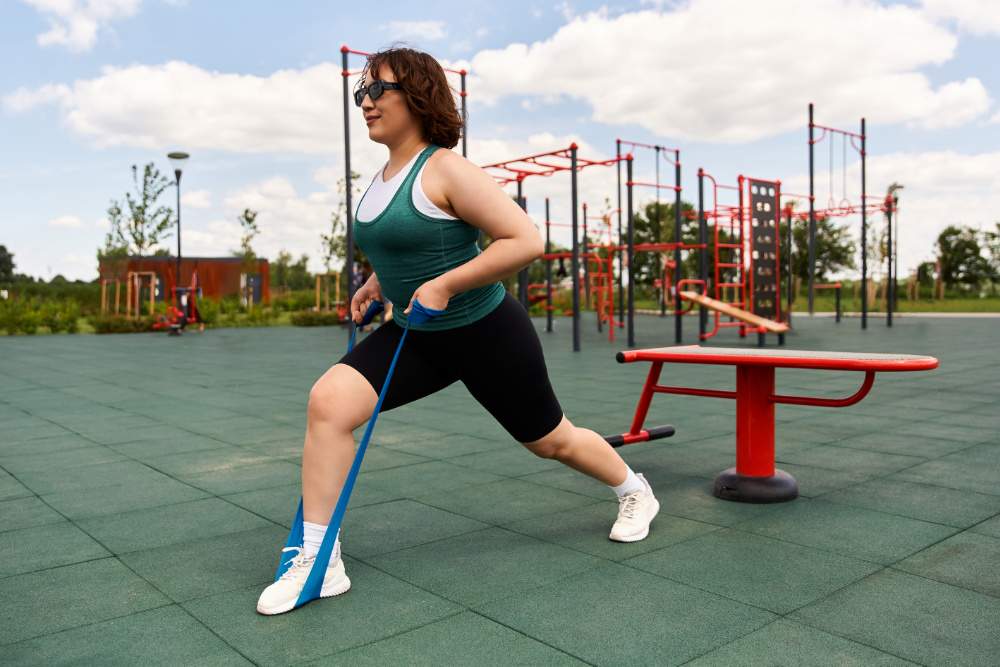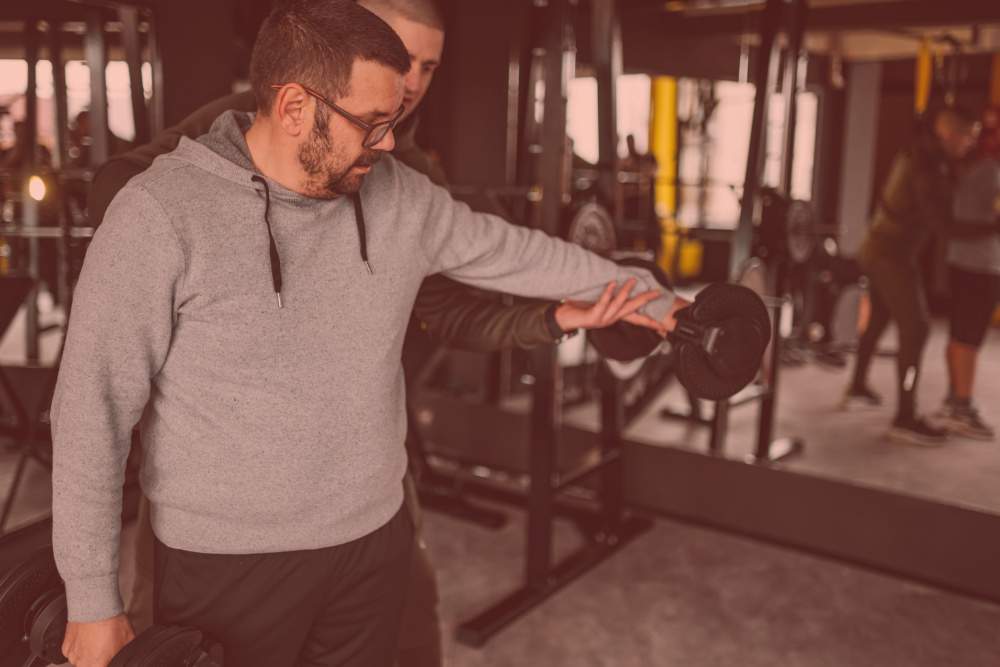If you’re carrying extra weight and want to start exercising, here’s the absolute most effective thing you can do:
Start with walking.
I know it sounds too simple, but walking is your fat loss secret weapon. Here’s why it works better than killing yourself with crazy workouts.
Why Walking Beats Everything Else
Most people think they need to suffer to see results. They jump into intense cardio that makes them want to throw up. But here’s the truth – walking burns more calories than you think without destroying your body.
30 minutes of walking equals 3,000 steps. That’s 100-200 calories burned right there. Do this daily and you’ll lose an extra pound per month without even trying.
But here’s the kicker – when you do intense cardio, your body fights back. You get hungrier. You move less the rest of the day. You end up eating back all the calories you burned.
Walking doesn’t do this. It keeps your energy up and doesn’t make you ravenous.
Your Joints Need Protection
When you’re carrying extra weight, your joints are already working overtime. High-intensity workouts will just beat you up and make you quit within weeks.
Walking is gentle. It strengthens your heart without pounding your knees into dust.
I learned this by accident years ago. I had a summer job where I was on my feet all day getting 12,000-15,000 steps. After two months, I was the leanest I’d ever been without changing my diet or doing any cardio.
That’s when it clicked. I realised how should an obese person start exercising. It’s walking, and it’s magic!
9 Steps To Shed 5-10kg In 6 Weeks
Includes an exercise plan, nutrition plan, and 20+ tips and tricks.
Download FreeHere’s Your Simple Starter Plan
Week 1-2: Walk 15 minutes daily
Week 3-4: Walk 20 minutes daily
Week 5-6: Walk 25 minutes daily
Week 7+: Walk 30 minutes daily
Aim for 7,000-10,000 steps per day. Use your phone to track it. Don’t stress if you miss the target some days.
Make it easy on yourself:
- Park further away from stores
- Take the stairs instead of elevators
- Walk around the block during lunch breaks
- Get an under-desk treadmill if you work from home
- Walk while talking on the phone
Add Strength Training Later
Once walking feels easy (usually after 4-6 weeks), add 2 days of basic exercises:
Bodyweight basics:
- Wall push-ups (10-15 reps)
- Chair squats (8-12 reps)
- Modified planks (hold for 15-30 seconds)
Start with one set of each. Add more as you get stronger.
Why strength training matters? It keeps your muscle while you lose fat. Without it, you’ll end up looking skinny-fat instead of lean and strong.
The Diet Side
Exercise alone won’t do it. You need to fix your eating too.
Simple swaps that work:
- Cut your usual fat portions in half (cheese, butter, oils)
- Choose lean proteins (chicken, fish, lean beef)
- Fill half your plate with vegetables
- Drink water instead of sugary drinks
Don’t go crazy with restrictions. Small changes add up to big results.
The Biggest Mistakes People Make
- Going too hard, too fast. You get injured or burned out and quit within a month.
- All-or-nothing thinking. You miss one workout and throw in the towel.
- Expecting instant results. Real change takes 8-12 weeks to show up.
What to Expect
Week 1-2: You’ll feel more energetic
Week 3-4: Clothes start fitting better
Week 6-8: People notice you’re losing weight
Week 10-12: You look in the mirror and think “damn, I look good”
For most people working with a personal trainer for weight loss, these timelines can be accelerated with proper guidance and accountability.
The Bottom Line
You didn’t gain the weight overnight. You won’t lose it overnight either.
Start small. Be consistent. The results will come.
Your body will thank you for taking it slow and steady instead of beating it into submission.
Remember – every step counts. Every day you move is a win.
If you’re wondering how long it takes to lose weight with professional help, the answer depends on your starting point and consistency – but most people see significant changes within 6-12 weeks.
It’s your time to shine.


